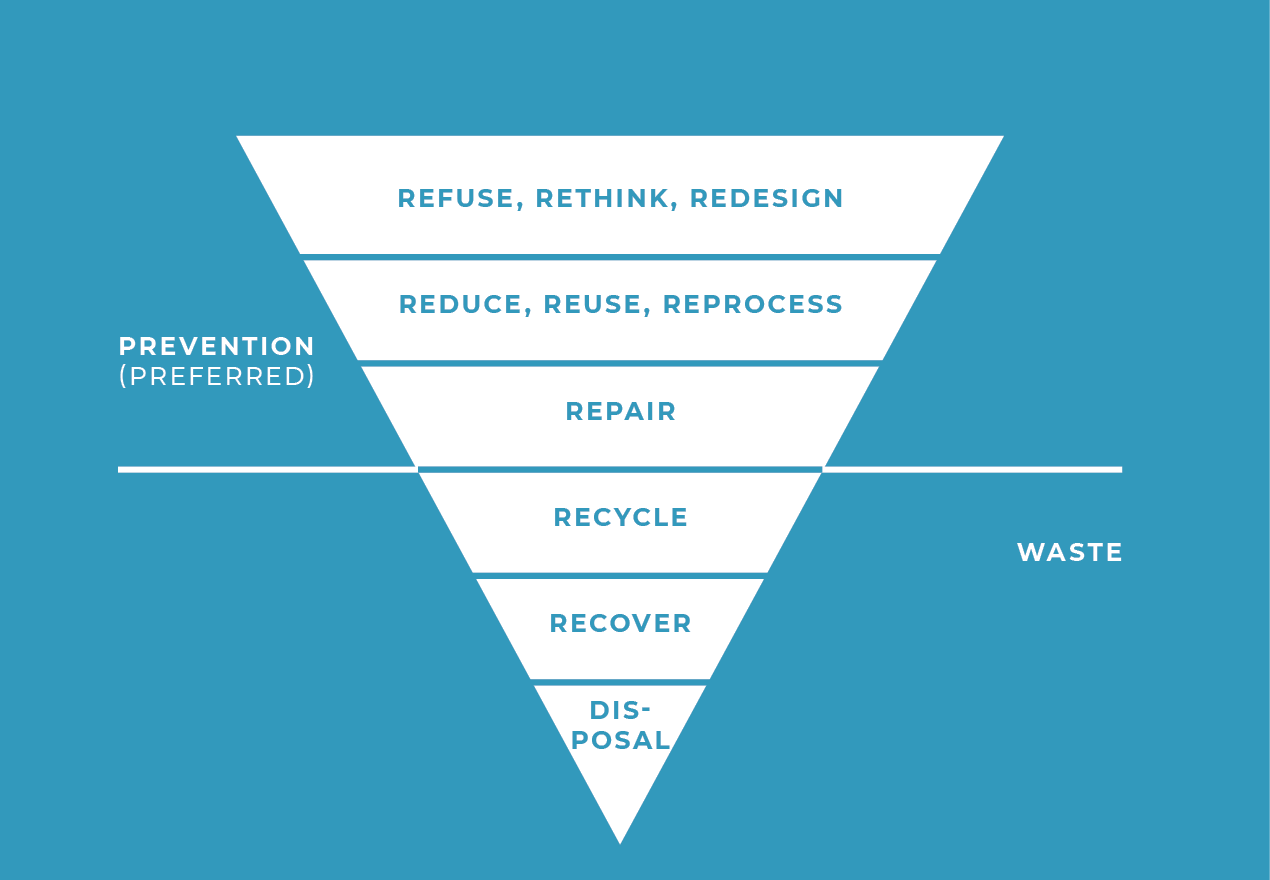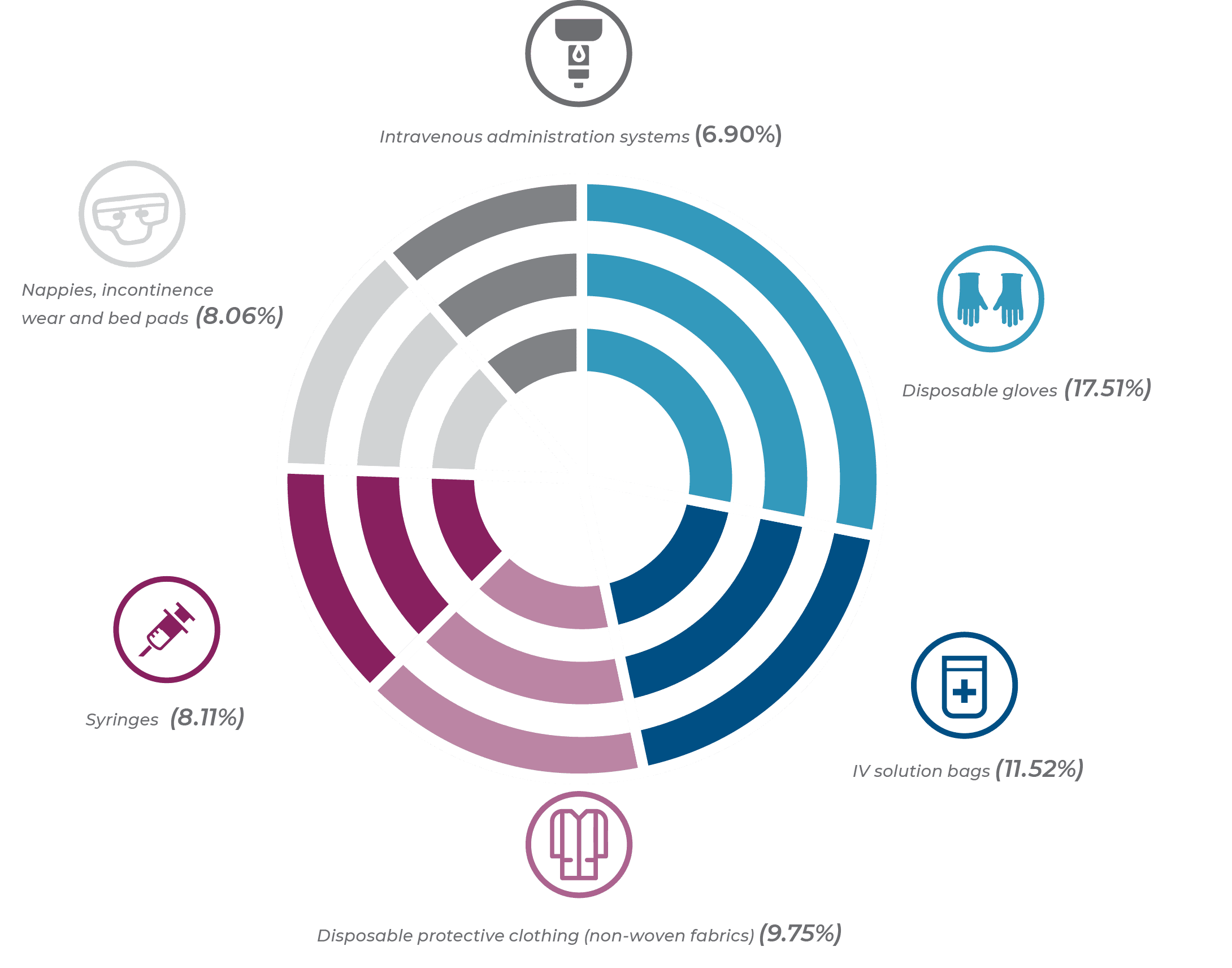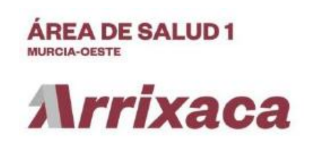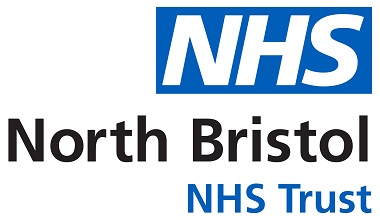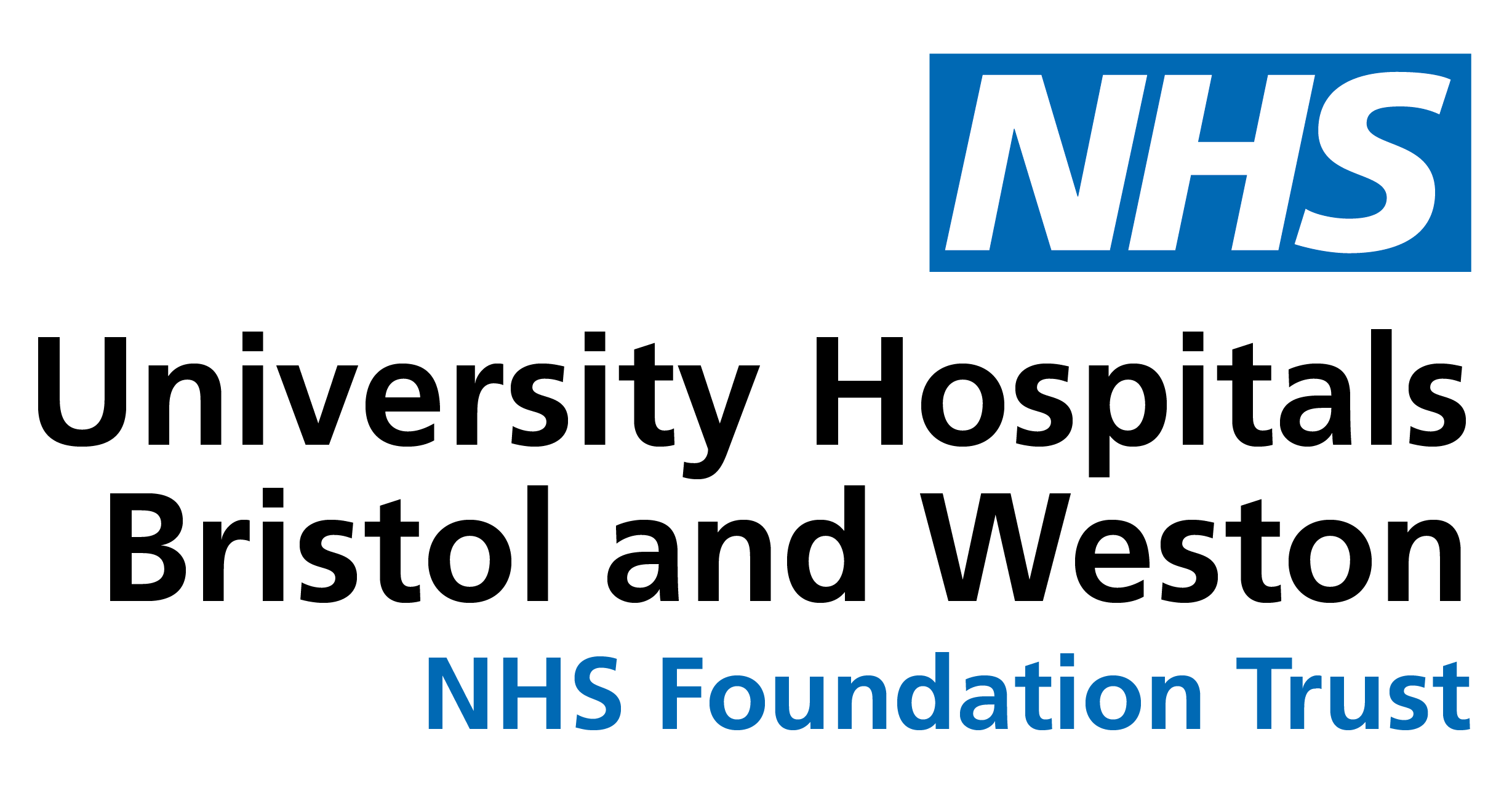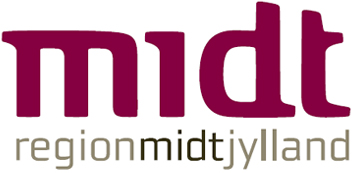Towards plastic-free healthcare in Europe
Contact: Andreea Zotinca
Quick links: Resources | Project update | Participants
Plastics have become indispensable in the healthcare sector and they are facilitating the work of healthcare professionals all over the world. The low price of plastic and its relative ease of manufacturing has led, however, to overuse of plastic products and packaging, often in situations where they are not needed. Plastics are also rarely recycled, especially plastic-made medical materials - this is concerning because plastic, from production, to use and disposal, can be harmful to both human health and the environment.
Health Care Without Harm (HCWH) Europe is conducting the project Towards plastic-free healthcare in Europe, with funding from the Flotilla Foundation. Through this project, HCWH Europe aims to transform the use of plastic in hospitals and assist healthcare facilities in their transition to a circular economy model and reducing unnecessary plastic use.
Key objectives
The long-term objective of this project is to reduce the negative impact that plastics from the European healthcare sector have on both the human health and the environment. This project aims to transform current practices so that plastic use is reduced within the European healthcare sector and to support the sector in transitioning to a circular economy model.
Project steps
As facilitator of the project, HCWH Europe has been working in collaboration with European healthcare providers to assess the plastic use in their facilities and is raising awareness on plastics and circular healthcare. The project aims to initiate discussions on tackling single-use plastics (both medical and non-medical) and unsustainable disposal methods. Additionally, HCWH Europe aims to mobilise demand for sustainable plastic and packaging alternatives within European markets.
The project consists of three pillars of action: research, capacity building, and scaling up.
- Research – Plastic waste audits to investigate the use of plastic and to reveal the opportunities and barriers for increasing circularity and reducing plastic use.
- Building capacity - Educate healthcare professionals and procurers on the environmental and health impacts of plastics and promote solutions in line with the waste hierarchy.
- Scaling up - Expand the plastic-free healthcare movement by disseminating project results and launching a communication campaign that targets priority plastics products for substitution or reduction, e.g. gloves, incontinence products, personal protective equipment.
The waste hierarchy. P.11, Measuring and reducing plastics in the healthcare sector (2021)
Project update
The second phase of the Towards plastic-free healthcare project successfully concluded in January 2023 and has given participants a greater understanding of plastic use and solutions in healthcare settings through webinars and in-person training programs. Across Europe, waste audits were conducted in healthcare facilities. The #PlasticFreeHealthcare communication campaign was launched, providing momentum for plastic action in the healthcare sector.
Despite the challenges of the COVID-19 pandemic, our project partners remained motivated to reduce plastic use in healthcare. The pandemic has in fact starkly revealed the negative consequences of healthcare’s overreliance on single-use plastics, with disruptions in supply chains and shortages of essential supplies hindering the safe delivery of care, as well as the difficulty of handling mountains of waste. Healthcare’s plastic problem is now more visible than ever and healthcare professionals are increasingly aware of the need to address plastic use in healthcare.
Since the beginning of the project we conducted waste audits in 14 of our partner hospitals – you can learn more about the audits and the methodology in our publication Measuring and reducing plastics in the healthcare sector, which can be found in the project resources.
In total, we analysed 2,58 tonnes of waste from general, sanitary/offensive, and plastic recycling waste streams - nearly half (1.23 tonnes, 45%) was identified as plastic. The plastic products that were found in the largest quantities during the waste audits were wipes, gloves, and nappies. Food contact materials were also found frequently. One project participant identified six product categories that accounted for over 60% of the total plastic used annually:
P.14, Measuring and reducing plastics in the healthcare sector (2021)
Project participants drafted their plastic action plans in response to the audit findings and devised strategies to tackle plastic waste in their healthcare facilities, including:
- Reduce consumption of disposable medical plastics by using reusable gowns.
- Replace plastic containers in IV administration systems with glass.
- Reduce the consumption of examination gloves through information and awareness campaigns.
- Reduce plastic in food services with reusable tableware, alternative materials, and increase the use of tap water
- Reduce plastic in laundry by replacing polyethylene packaging with smaller paper packaging.
The next phase of reducing plastic in European healthcare
Our focus will be on inspiring and educating healthcare professionals to engage with their communities about plastic risks and reduction opportunities through workshops, trainings, and other initiatives.
To better understand the types of plastic products used in healthcare, we will continue our research efforts to improve sector-level understanding.
Building on the success of our project, we will expand the #PlasticFreeHealthcare movement and scale up action for plastic reduction. We will work with the Healthcare Market Transformation Network to develop solutions for reducing or substituting plastic products in healthcare settings.
Resources
Publications
- Measuring and reducing plastics in the healthcare sector (09/2021)
- Sustainable food contact materials in healthcare (01/07/2021)
Articles
- Reducing plastic in healthcare | Best practice (06/06/2022)
- Crunch time for the EU – restrict hazardous chemicals affecting infants (03/03/2022)
- Promoting sustainable food contact materials in Spanish and Portuguese (24/11/2021)
- Measuring and reducing plastics in Spanish healthcare (28/10/2021)
- Sustainable food contact materials in healthcare (01/07/2021)
- Why PVC remains a problematic material (23/06/2021)
- Building resilience: Evaluating the case for reusable medical protective clothing (29/03/2021)
- On the road to circular healthcare - reusing medical devices (25/03/2021)
- Medical textiles - why chemistry matters (18/12/2020)
- Do bio-based plastics help achieve sustainability goals? (12/08/2020)
Infographics
Webinars:
- Webinar | Reducing plastic and harmful chemical exposure to children [EN, FR, ES, NL] (07/12/2022)
- Webinar | How to reduce the impact of plastics in healthcare [EN, FR, ES, NL, EL] (28/11/2022)
- Webinar | How to measure and reduce plastic in healthcare (08/07/2021)
- Webinar | Driving the circular economy in healthcare through innovation procurement (30/06/2021)
- Webinar | Towards safe and sustainable food contact materials in European healthcare (04/03/2021)
- Webinar | Towards plastic-free healthcare (02/07/2020)
Project participants


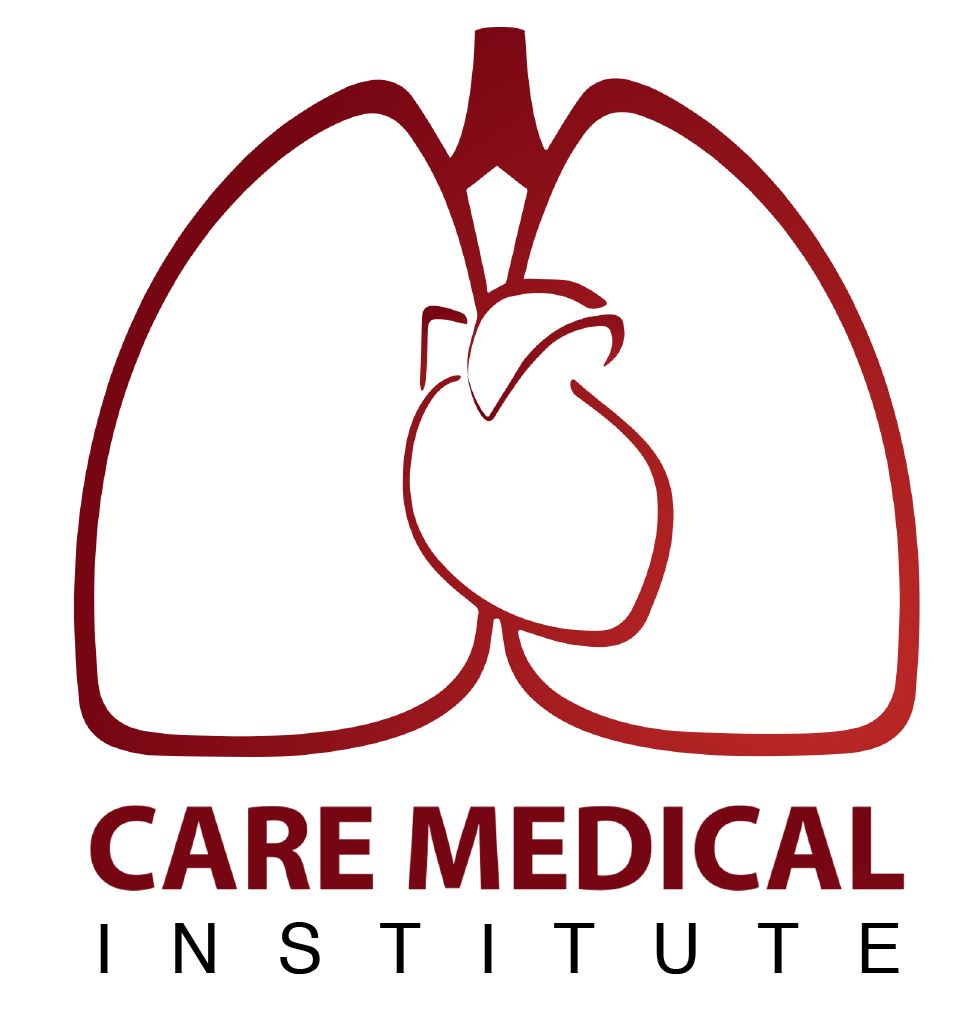 *
*
Co-funded by the EU and the Flotilla Foundation. HCWH Europe is solely responsible for this content and related materials. The views expressed do not necessarily reflect the official views of the EU, CINEA, or Flotilla who cannot be held responsible for them.
*Care Medical Institute’s participation is made possible by the support of Beyond Plastic Med www.beyondplasticmed.org

